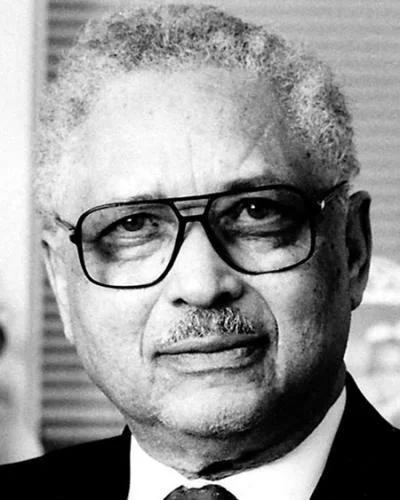CORRIDOR CONNECTIONS
ZION BAPTIST CHURCH
Photo Credit: Chris Kendig Photography
3600/3601 North Broad Street | Nicetown-Tioga Neighborhood
The Opportunity
Zion Baptist Church has a rich history and strong ties to the community. The site is comprised of two buildings—the 1970s contemporary building where the congregation worships and the 1920s “annex” which housed the church’s outreach programs until recently. The buildings are located directly across the street from each other and just one block from the intersection of Broad, Germantown and Erie, a key location along the North Broad Street commercial corridor. Zion and Called to Serve Community Development Corporation hope to reactivate the vacant annex as a part of the commercial corridor’s revitalization.
Photo Credit: Chris Kending Photography
Current Conditions
The Zion annex was previously used for community programs and resources. The building still has good bones, though renovation and reinvestment will be necessary to put it back into active use. A vaulted sanctuary, tall ceilings, multiple floors and a corner location offer opportunities for diverse programming appropriate to a prominent site on one of Philadelphia’s most visible corridors.
Photo Credit: Chris Kending Photography
Brief Site History of Zion Baptist Church
On North Broad Street, the legacy of Baptist minister and civil rights leader Reverend Leon Howard Sullivan looms large. Zion Baptist Church began in the late 1800s, but gained prominence under the pastorate of Rev. Sullivan during the mid-20th century.
Zion Baptist Church was founded in 1882 by Reverend Horace Wayland, a former slave born in Virginia. Rev. Wayland was instrumental in the organizing of several Baptist churches in Philadelphia and one in Camden. Between 1882 and 1950, the congregation moved from location to location as it incrementally grew in size and strength.
The church was not well known prior to Rev. Sullivan’s 38-year pastorate that began in 1950 and ended in 1988. In 1955, he moved the church from 13th and Melon Streets to the northwest corner of Broad and Venango into the former St. Paul’s Reformed Episcopal Church. In 1969, Rev. Sullivan purchased the former Trinity Reformed Church directly opposite of the main building. The former was destroyed by fire and replaced in 1973 and the latter remains, though it is vacant.
Throughout the 1950s, 1960s and 1970s, the “Lion of Zion,” Rev. Sullivan, developed an array of programs that would empower North Philadelphians to overcome racial and socioeconomic barriers. He founded Opportunities Industrialization Centers of America (OIC), which provided job training to African American youth and young adults, OIC International, Zion Investment Association, which invested in start-up businesses helmed by African American entrepreneurs, and 10-36 Plan, a nonprofit cooperative and CDC that funded the construction of housing throughout North Philadelphia. In 1968, Rev. Sullivan spearheaded the construction of Progress Plaza, the nation’s first Black-owned (and developed) shopping center, which is still operating today. He made history as the first African American director of a major corporation when he took a seat on the board of General Motors in 1971, and used this prominent position to put pressure on South Africa’s system of apartheid. During this period, the congregation peaked at 6,000 members.
Location:
Sacred Places/Civic Spaces was made possible by the generous support of the William Penn Foundation and the National Endowment for the Arts.






















